(from Fall Fundraising 2019 Newsletter #1)
I have learned to get on the floor more with him.
– Hedy, mother of River
I have learned to observe more and entertain less.
I have learned to be present with him.
We’re hoping to persuade you to support us by unpacking our tagline:

Starting with the first sentence, what do we mean by “be with”?
“Being with” is a counter-balance to “doing to” and “doing for.” It’s an alternative to already thinking we know what is needed, to going in with an intention of fixing or of making progress … Read more
* * *


